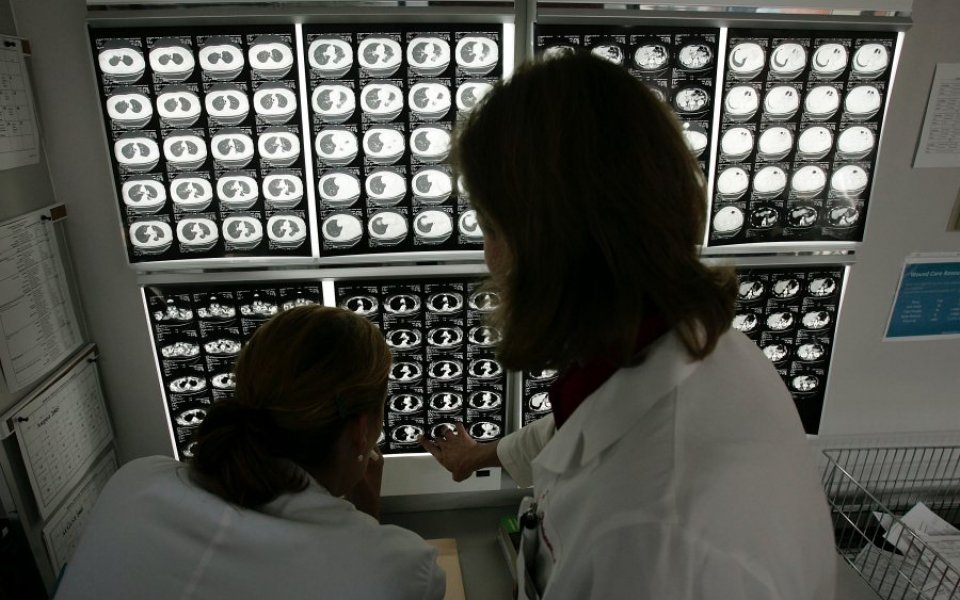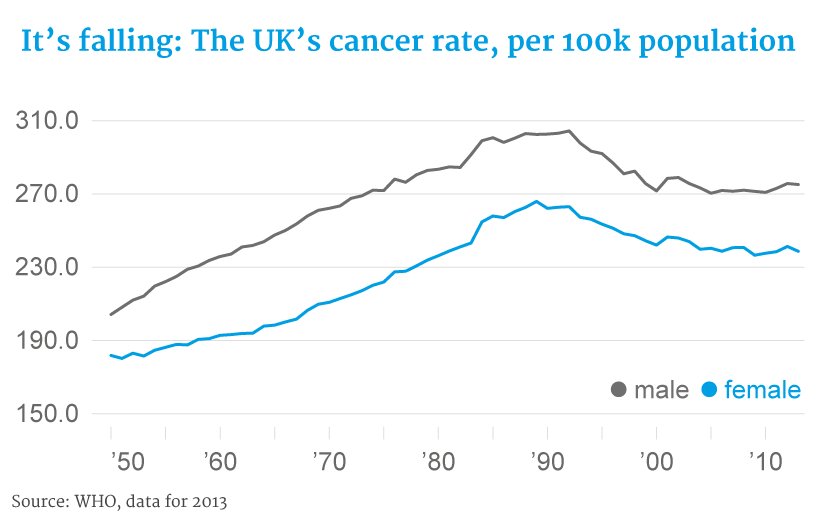Cancer survival in London: A quarter die within two months following A&E diagnosis

Londoners diagnosed with cancer at accident and emergency departments have a very low chance of survival, new figures from Cancer Research UK show.
A quarter of people identified as having the disease at this late stage in hospitals across the capital die within two months, while the average survival is less than six months, the study found. Just 36 per cent live for more than a year.
The reason, according to the researchers, is that if cancer has gone this long without being detected, it means the disease has reached an advanced stage and is more likely to have spread to multiple parts of the body.
Read more: Scientists say immunotherapy could open a "new era" of cancer treatment
And when it reaches this level, not only are there fewer available options for treatment, but the effectiveness of any treatment is diminished.
The findings come from an analysis of 1,000 patients diagnosed with the disease at emergency units across London's 12 hospitals over the course of 2013.
Kathy Pritchard-Jones, author of the study, said this “hammers home” the need to focus on early diagnosis in the UK, as it can make a “huge difference to your chances of surviving cancer”.
Around a quarter of all cancer cases are being diagnosed following presentation in A&E and the vast majority of these are already at a late stage, when treatment options are limited and survival is poorer. And many of the patients diagnosed through A&E have other health conditions that may complicate their treatment.
We need to find ways to diagnose patients earlier, and through managed pathways. This is crucial to improving the UK's cancer survival to the standard of comparable countries.
Recognising the problem, the government is already taking steps to ensure cancer is caught earlier. In June this year, the National Institute for Health and Care Excellence (Nice), the government's health watchdog, put new guidelines in place that will “save thousands” of lives each year.
Nice is giving doctors in England basic diagnostic tests to help identify the disease in its early stages, so that patients can be referred to specialists before the symptoms become severe. GPs will have access to equipment such as CT scans and endoscopies, which are currently only available to specialists once referrals have gone ahead.
It is estimated that around 5,000 lives will be saved in England each year thanks to the earlier diagnosis that will result from this measure.
While the UK still lags behind many of its European neighbours in terms of cancer survival rates, overall the number of people getting the disease has gone down since the late 1990s.
